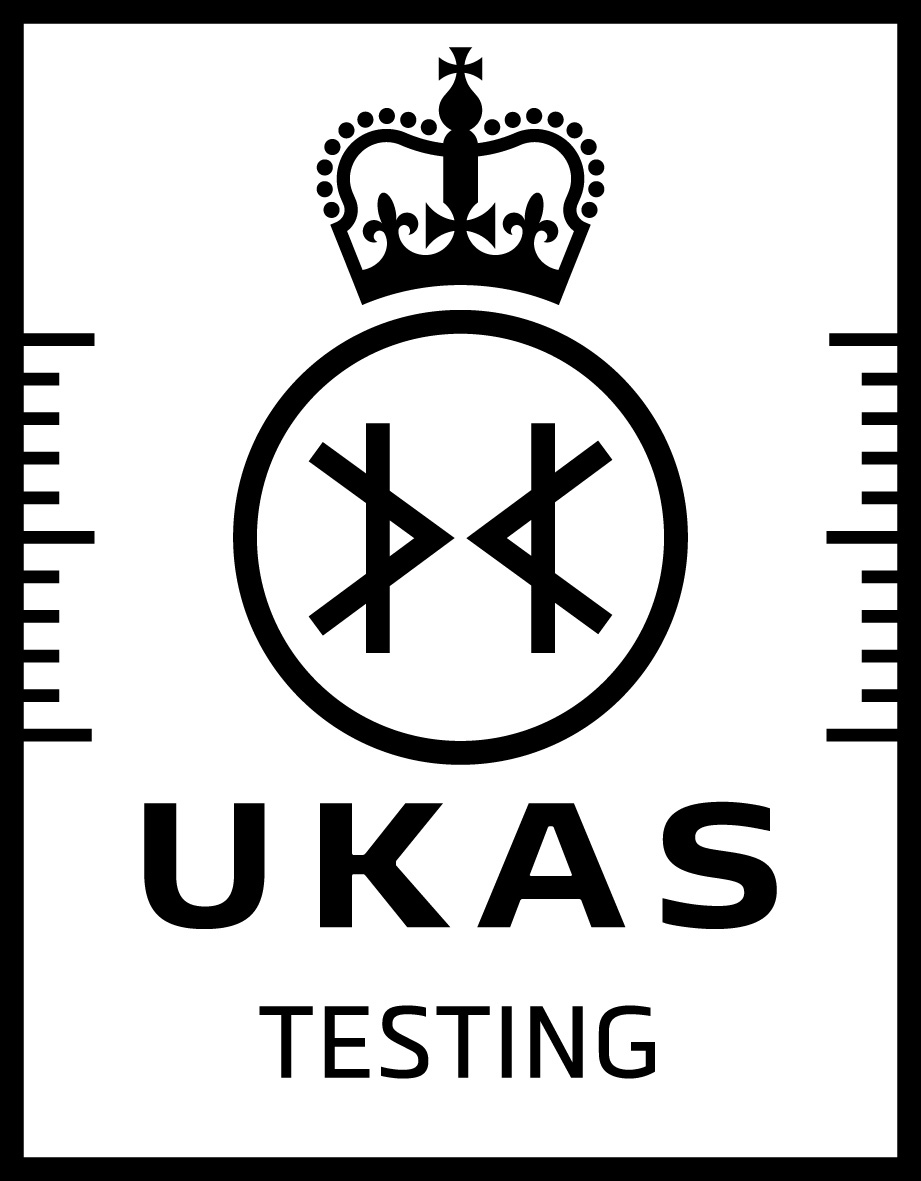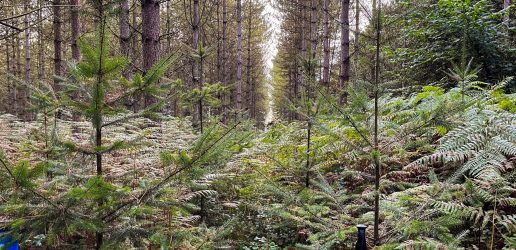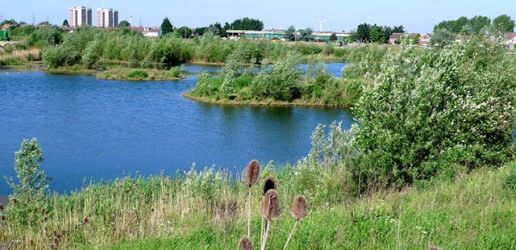Forest Research has been awarded the ISO/IEC 17025 certification by the UK Accreditation Service (UKAS).
“It’s the gold standard for laboratory tests in the UK,” said Dr Christine Wilson, Head of the Forest Protection at Forest Research. “It demonstrates our testing is accurate, robust and trustworthy.”
Being awarded the accreditation has been the culmination of over three years of hard work from the tree health lab team.
The accreditation process is rigorous and covers assessments of the tests themselves through to the management of the lab.
For example, all the lab’s equipment – from PCR machines to fridges and freezers – was calibrated and checked regularly to make sure that it was within the correct parameters.
Policies and processes were put in place for everything from data protection requirements to risk assessments to quality control measures.
“You’re building evidence over time,” said Christine, “it’s not a quick process.” But the results are worth it, “with this accreditation, decision-makers know that our results are reliable.”
The accredited tests are:
- Morphological identification of bark beetles suspected to be Ips species: SOP0263 Laboratory examination and morphological identification of Ips species by microscopy
- Detection of Phytophthora pluvialis DNA: SOP0300 with manual DNA extraction SOP0206 and real time PCR using Thermal cycler LC480
- Detection of Xylella fastidiosa DNA: SOP0421 DNA extraction using KingFisher and real-time PCR using Thermal cycler LC480
- Detection of Cryphonectria parasitica DNA: SOP0420 with manual DNA extraction SOP0206 and real-time PCR using Thermal cycler LC480

Accreditation no. 27802
Recent News
View All news
Underplanting extends range of coniferous tree species to diversify future commercial timber production
New Forest Research published in Forest Ecology and Management shows that underplanting could widen the range of conifers suitable for future UK timber production.

New land regeneration resources for creating green spaces on previously used land now available
The new resources bring together the latest learnings on land regeneration and climate change, and optimal soil thickness for planting on previously used land.

New national survey launched to strengthen plant pest and disease detection across UK horticulture
UK horticulture and landscaping businesses invited to take part in survey to strengthen non-native plant pest and disease detection and reporting.

Underplanting extends range of coniferous tree species to diversify future commercial timber production
New Forest Research published in Forest Ecology and Management shows that underplanting could widen the range of conifers suitable for future UK timber production.

New land regeneration resources for creating green spaces on previously used land now available
The new resources bring together the latest learnings on land regeneration and climate change, and optimal soil thickness for planting on previously used land.

New national survey launched to strengthen plant pest and disease detection across UK horticulture
UK horticulture and landscaping businesses invited to take part in survey to strengthen non-native plant pest and disease detection and reporting.
